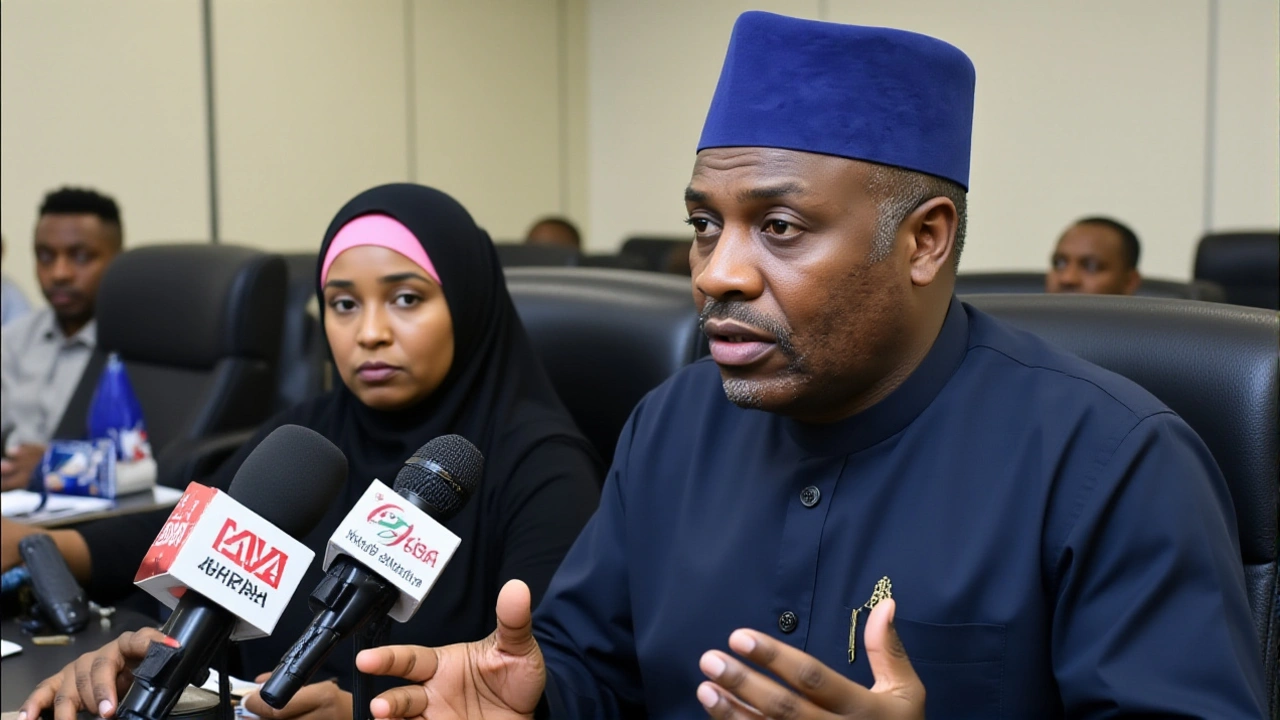Professor Chris Piwuna – News, Views and Analysis
When working with Professor Chris Piwuna, a South African academic who focuses on public policy, education and social research. Also known as Prof. Piwuna, he frequently comments on how big events shape society.
One of the arenas he watches closely is Euro 2024, the European football championship held in Germany. Professor Chris Piwuna argues that Euro 2024 isn’t just sports; it drives national identity, media narratives and even election talk. The tournament’s youth fever feeds into campus debates, and he often cites match‑day polls to illustrate how sport can steer public opinion. This link between football and politics forms a clear semantic triple: Professor Chris Piwuna examines Euro 2024’s impact on societal attitudes.
Beyond the pitch, his research touches on continental football ambitions, especially the CAF 2026 qualifiers, the African qualification process for the 2026 FIFA World Cup. He notes that the qualifiers boost infrastructure investment across Southern Africa, creating jobs and stirring regional pride. The qualifiers also spark policy discussions about youth development programmes, something he highlights in lectures on sports economics. In short, CAF 2026 qualifiers influence both grassroots sport and national economic strategies, a relationship he maps out regularly.
On the wellbeing front, World Mental Health Day, an annual global event raising awareness of mental‑health issues provides a platform for his advocacy. He uses the day to push for stronger campus counselling services and to connect mental‑health data with academic performance. The event demonstrates how societal health issues intersect with education policy, creating another semantic triple: World Mental Health Day informs Professor Chris Piwuna’s research on student wellbeing.
The world of combat sports also enters his scope through the UFC, the Ultimate Fighting Championship, a global mixed‑martial‑arts promotion. Recent UFC safety reforms, like concussion protocols, become case studies in his courses on athlete welfare. He argues that the UFC’s medical standards set precedents for other sports, linking elite competition to public‑health policy. This creates a third semantic triple: UFC policy changes shape Professor Chris Piwuna’s analysis of athlete health regulations.
Why This Collection Matters
All of these threads—football championships, African qualification battles, mental‑health awareness, and combat‑sport reforms—show how Professor Chris Piwuna connects seemingly separate events to larger social patterns. Whether you’re interested in how a Euro tournament sways political chatter, how African qualifiers drive economic growth, how mental‑health campaigns reshape university services, or how UFC safety measures influence public policy, his commentary gives you a grounded, research‑backed view.
Below you’ll find a curated list of articles that feature Professor Chris Piwuna’s analysis, interviews and expert takeaways on these subjects. Dive in to see how his insights bring depth to the latest news and why his perspective matters across sports, politics and health.
ASUU Calls Two‑Week Nationwide Strike as Government Talks Stumble
ASUU President Prof. Chris Piwuna announced a two‑week nationwide strike starting Oct 13, after the government’s 14‑day ultimatum expired, despite a N200 bn intervention plan.

